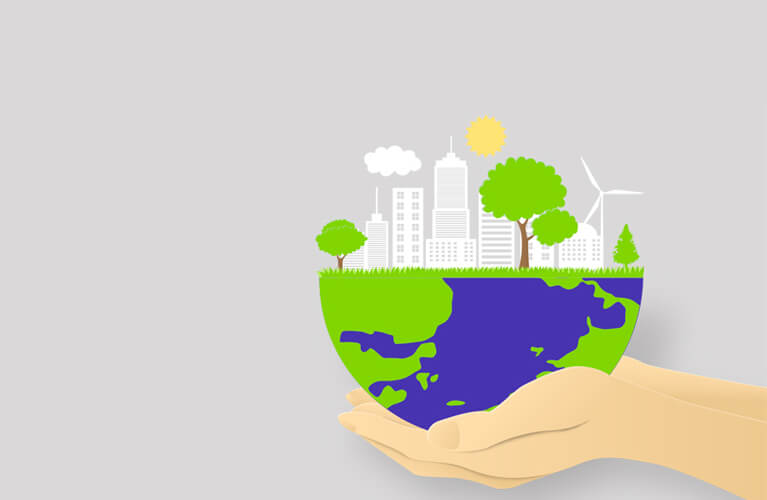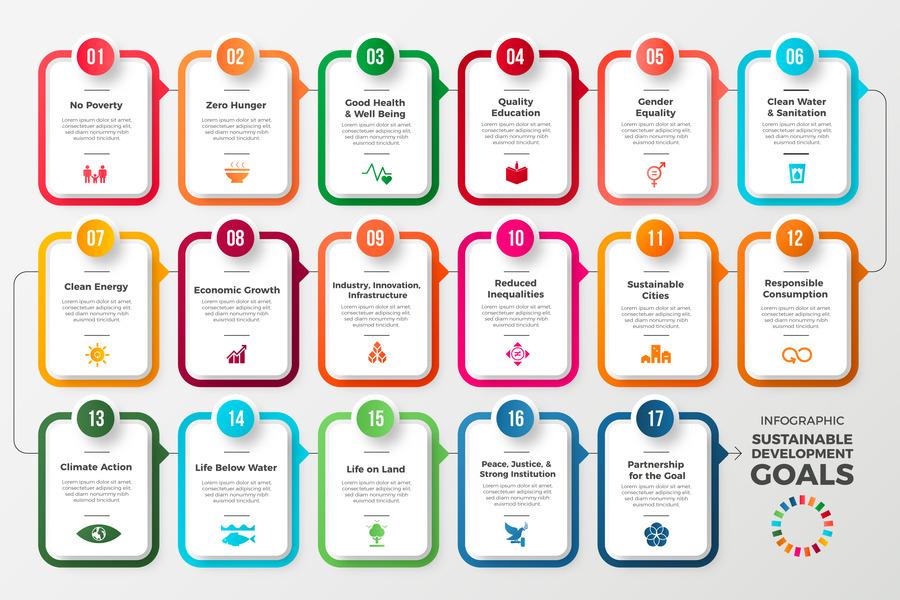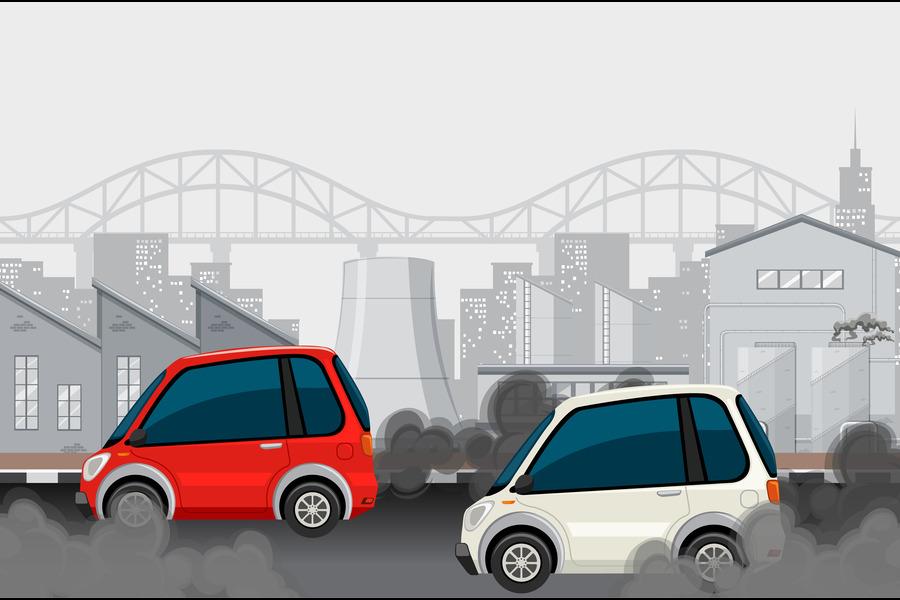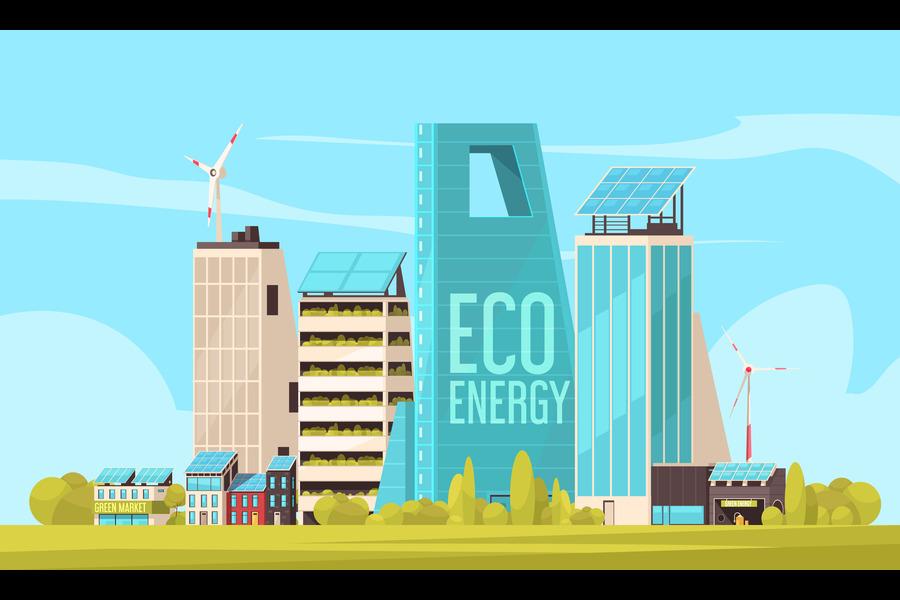Sustainability Objectives


While the pandemic significantly accelerated change, it was hardly the only trend, and in fact, several underlying trends were already in motion. Sustainability efforts are sustainable only if leaders take the science-based approach and intertwine them with the operating model, culture, and bottom line. Below mentioned are the six megatrends affecting sustainability.
Environmental:
Water, energy, renewable energy, low carbon technology, air quality, noise pollution, GHG, solid waste, sewage, vulnerability to natural disasters, prepare for natural disasters, management plans for climate change risk and adaptation.
Digital Technologies:
There has been a convergence of exponential technologies like cloud, AI, ML, data, Internet of Things, and computational power. The possibilities seem endless, but applying all this tech to buildings and supply chain is still evolving.
Energy Transmission:
Power purchase agreements (PPAs) manage energy assets, provide low carbon power, heating and colling, and campus mobility driven by intelligent digital platforms. Integrated Energy-as-a-Service enables campuses and cities to use energy more efficiently and optimize supply and demand across multiple users and assets.
Social:
Society expects organizations to aid their people's development and provide meaningful opportunities for all employees and even their communities through diversity, inclusion, accessibility, affordability and resilience.
Financial & Governance:
From counting coins to constraining carbon finance takes a holistic approach, analyzing environment, social, governance and traditional finance performance in a unified view. Auditing and portfolio management have expanded to include sustainability in risk management and credit ratings. Participatory planning, public private partnership, financial innovation, revenue generation, entrepreneurship and job creation, competitiveness, service delivery efficiency, transparency, audit, modern public management, fiscal and administrative autonomy, maximization of tax base, fundraising, management by results, quality of public spending, debt management, contingent liabilities are also the indicators for consideration.
Urban Development:
Urban growth management, poverty, public transport, clean safe and multimodal transport, diversified and competitive economic base, employment, connectivity, education, citizen security and health.
The sustainability discussion can no longer be one of high-minded, impractical theories addressing aspirational goals targeted for 2050. Nor can sustainability be a series of tactical, low-impact activities that comply with regulations and signal virtue but do not make a real difference.

We have a team of seasoned urban planners, environmentalists, engineers, philanthropists and changemakers who are working to achieve practical sustainably in cities blended with Circular Commerce, Smarter Spaces, and Happier Humans.
Read MoreCONTACT INFO
C - 701, Galore Park,
Bavdhan,
Near LMD Square,
Pune - 411 021 (MH)









